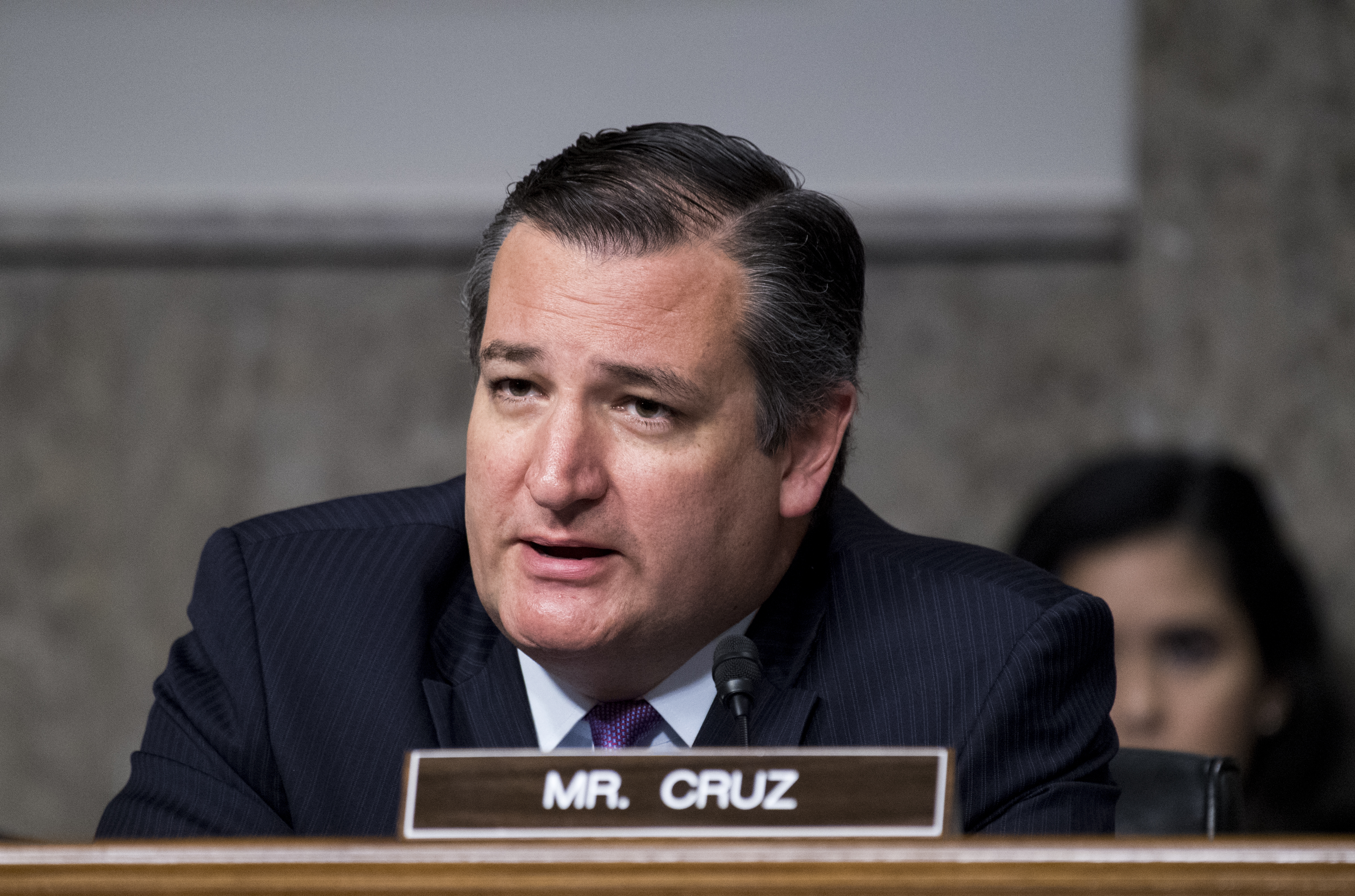Cruz Compares Himself To Rosa Parks In Fight Against A Campaign Finance Regulation

Sen. Ted Cruz (R-TX) argued on Friday that a campaign spending law that limits how much his campaign can pay back him back after an election was like making civil rights leader Rosa Parks sit in the back of the bus.
Wait, what?
Cruz is suing the Federal Elections Commission to strike down a rule in the Bipartisan Campaign Reform Act that forbids campaigns from spending more than $250,000 in post-election campaign contributions to pay back the candidate’s personal loans to their own campaign.
The Loan Repayment Limit is an anti-corruption measure aimed at preventing newly-elected officials from paying off their campaign loans by promising post-election donors that they’d use their new position to vote according to the donors’ wishes.
Cruz is arguing that the limit is an infringement on his First Amendment rights, but as Open Secrets points out, removing the limit would give lobbyists even more influence on politicians’ voting decisions.
According to Cruz’s team, Cruz took out a $260,000 loan to fund his 2018 Senate reelection campaign right before the election in November. After the election, the Cruz Committee could only pay back $250,000 to Cruz, meaning the GOP lawmaker wouldn’t get back $10,000.
The FEC has filed to dismiss the suit, saying that the damage was “self-inflicted” because Cruz’s campaign could’ve easily paid back the senator with the $2.2 million dollars it had raised before the election. The agency also alleges that Cruz only gave that loan to the campaign for the purpose of challenging the limit.
“The FEC also asserts that Senator Cruz and the Cruz Committee inflicted their injuries on themselves because they could have arranged to repay the Senator’s loans using pre-election funds,” Cruz’s legal team wrote in Friday’s filing. “Yes, and Rosa Parks could have sat in the back of the bus. FEC’s argument essentially faults Plaintiffs for not forfeiting the very constitutional right they seek to vindicate in this litigation.”
Read the court filing below: